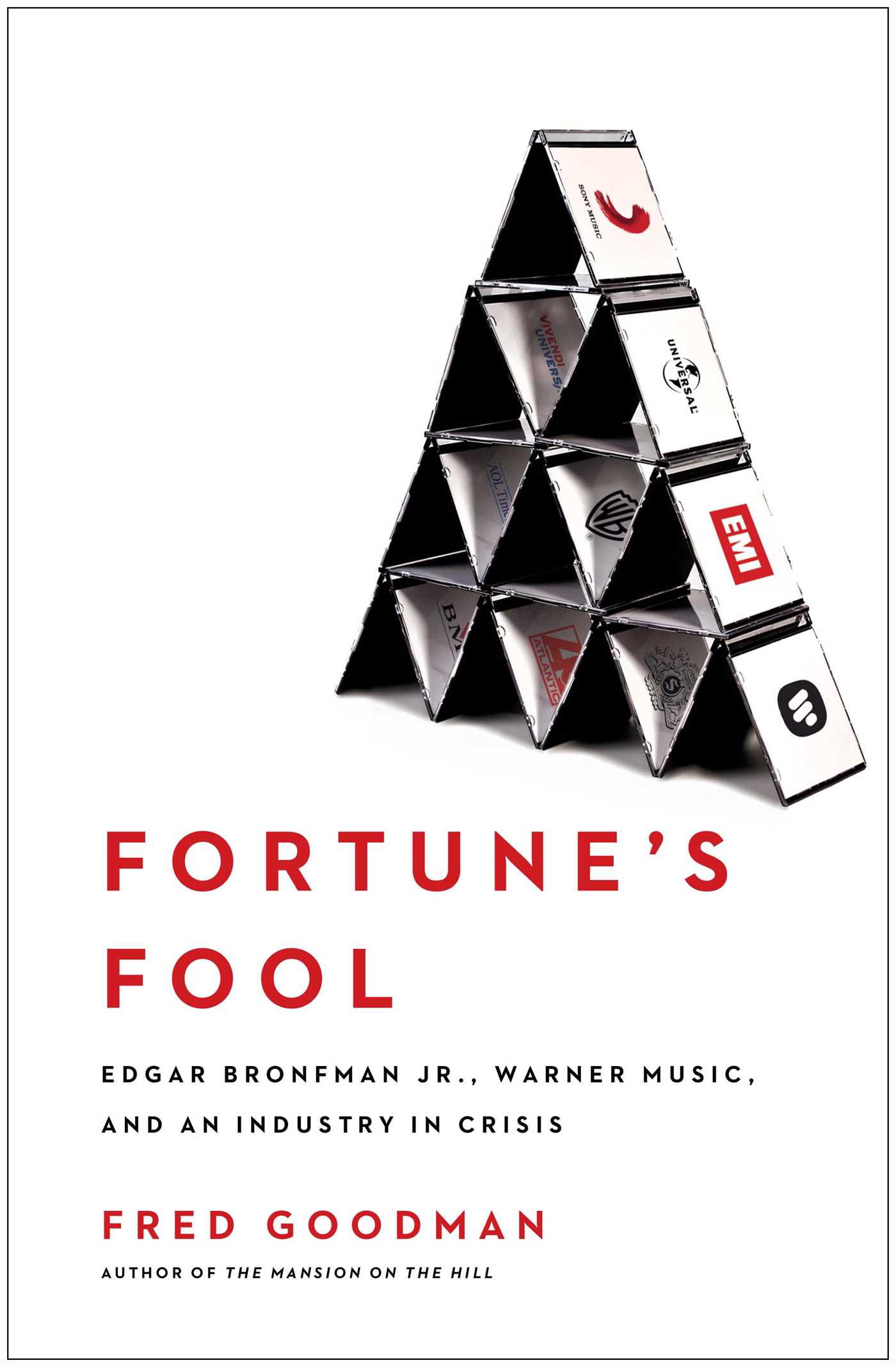Plus, receive recommendations and exclusive offers on all of your favorite books and authors from Simon & Schuster.
Table of Contents
About The Book
Napster had successfully blown the industry off its commercial foundations because all that the old school label heads knew how to do was record and market hits. So when Bronfman took over the Warner Music Group in 2004, his challenge was to create a new kind of record executive.
Goodman finds the source of the crisis in the dissolution of the old Warner Music Group, the brilliant conglomerate of Atlantic, Elektra, and Warner Bros. Records. He shows how Doug Morris, the head of Atlantic Records, rose through the ranks and rode the CD bonanza of the 1990s to enormous corporate and personal profit before becoming embroiled in an ego-driven corporate turf war, and how all of Warner’s record executives were blindsided when AOL/Time-Warner announced in 2003 that it wanted nothing more to do with the record industry. When the music group was finally sold to Bronfman, it was a ghost of itself.
Bronfman built an aggressive, streamlined team headed by Lyor Cohen, whose relentless ambition and discipline had helped build Def Jam Records. They instituted a series of daring initiatives intended to give customers legitimate online music choices and took market share from Warner’s competitors. But despite these efforts, illegal downloads still outnumber legitimate ones 19–1.
Most of the talk of a new world of music and media has proven empty; despite the success of iTunes, even wildly popular sites like YouTube and MySpace have not found a way to make money with music. Instead, Warner and the other labels are diversifying and forcing young artists to give them a cut of their income from touring, publishing, and merchandising. Meanwhile, the average downloader isn’t even meeting forward-thinking musicians halfway. Each time a young band finds a following through music websites, it’s a unique story; no formula has emerged. If one does, Warner is probably in a better position than anyone to exploit it. But at the end of the day, If is the one-word verdict on Bronfman’s big bet.
Product Details
- Publisher: Simon & Schuster (October 18, 2014)
- Length: 336 pages
- ISBN13: 9780743269995
Browse Related Books
Raves and Reviews
"Goodman builds a fascinating narrative. Bronfman emerges as, if not a hero, arguably a mighty interesting anti-hero."
--Steve Weinberg, USA Today
"The book is a biography and a gimlet-eyed look at the music business, the dark side of the Internet, and the future of pop music. It succeeds on every level...Goodman's writing soars..."
--Bruce Ward, Ottawa Citizen
"Fortunes Fool reads like a Greek tragedy.... the boardroom intrigues are laid out clearly, making them easy to understand. What emerges is a fascinating tale of good intentions, bad luck, and the affirmation of the corporate maxim--eat or be eaten."
--Blogcritics.org
Resources and Downloads
High Resolution Images
- Book Cover Image (jpg): Fortune's Fool Trade Paperback 9780743269995
- Author Photo (jpg): Fred Goodman Courtesy of the Author(0.7 MB)
Any use of an author photo must include its respective photo credit












